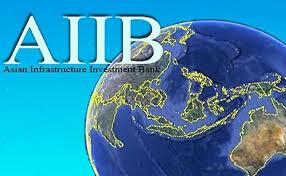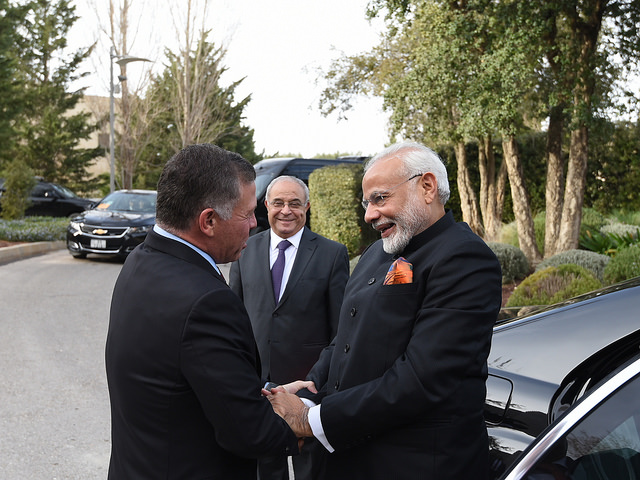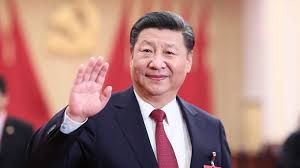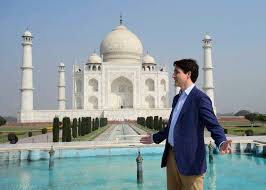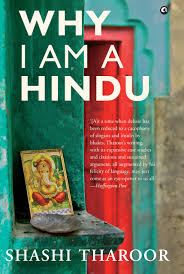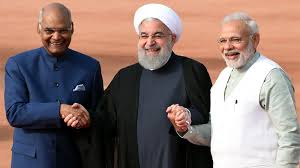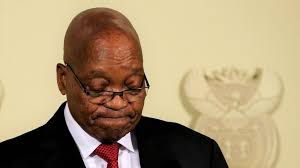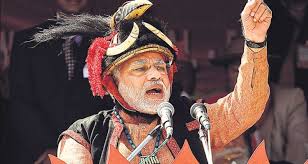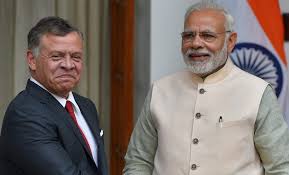
India-Jordan ties turn strategic with defence pact
Imparting a new energy to New Delhi’s Look West policy, India and Jordan have taken their security cooperation to a new level by signing a defence framework agreement and inked a clutch of agreements in diverse areas.As countries that face the common threat of terrorism and extremism, India and Jordan have also decided to bolster their cooperation in counter-terrorism and deradicalization.
The talks between Prime Minister Narendra Modi and Jordanian King Abdullah II in New Delhi on March 1 have deepened strategic dimension of the burgeoning India-Jordan ties. The major takeaway was the signing of a defence framework agreement that covers areas like training, defence industry, counter-terrorism, military studies, cyber security, military medical services and peace-keeping.

